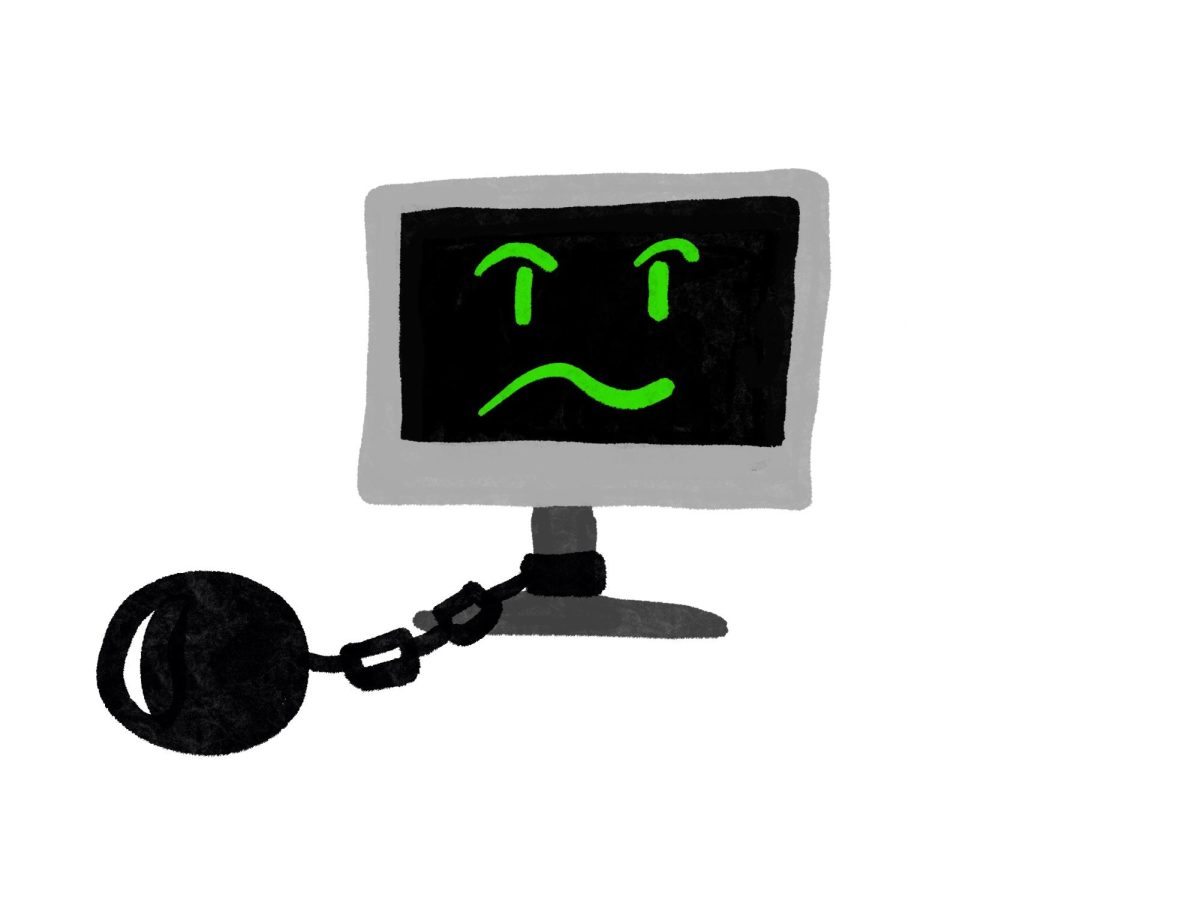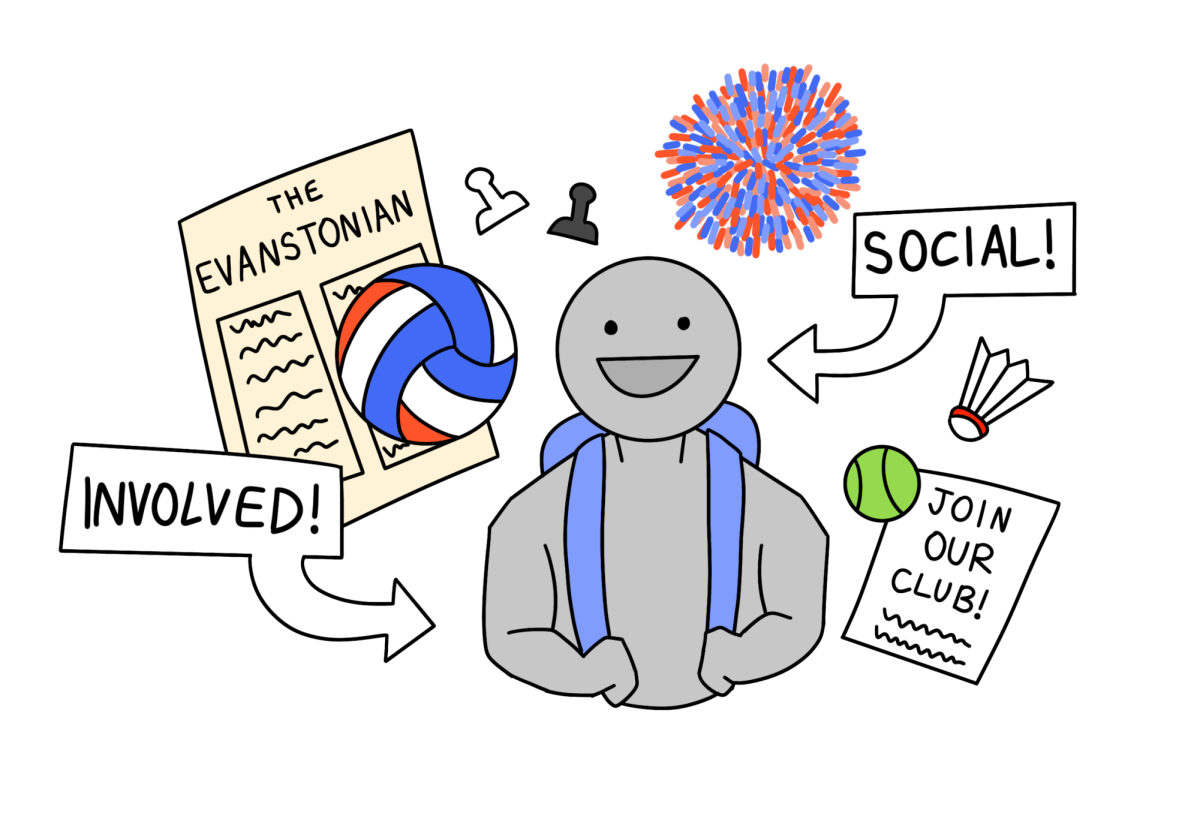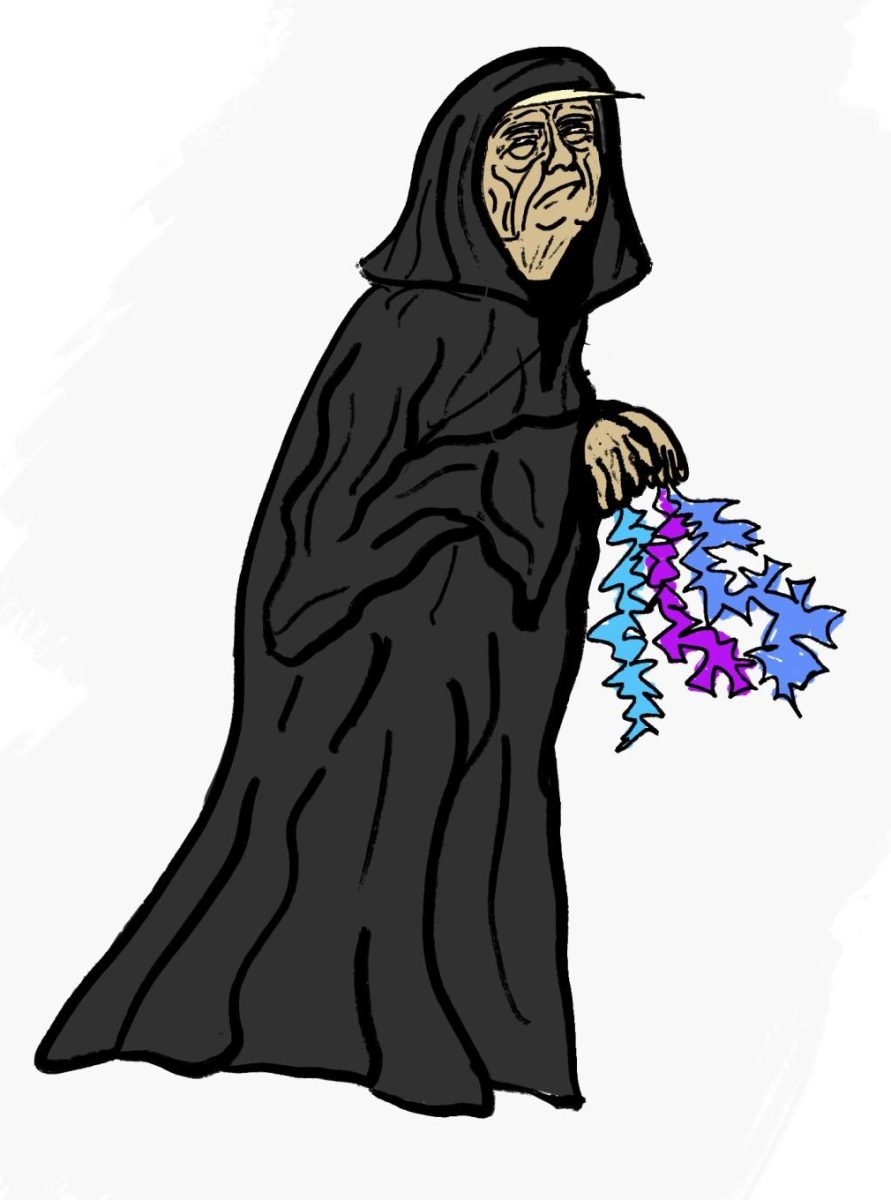It’s December again, everyone. Aside from snow, final exams, and Mariah Carey, the twelfth month signals the end of the year, too. When we grudgingly return from winter break, it’ll be 2025, meaning that we will officially be one-fourth of the way through the twenty-first century. In preparation for the new year, people around the globe have been clambering to make predictions about what 2025 will hold. From increased use of solar energy to the advent of teleportation, many have a favorable outlook on what shape this new chapter in history will take. Personally, I am skeptical that quantum teleportation will make its public debut in only a few short months; indeed, many predictions about our future tend to be exaggerated and blown out of proportion.
A few years ago, amidst the heightened use of social media and the Internet, many people’s imaginations ran wild with predictions of how novel technologies could be harnessed for the good of humanity. Robotics, artificial biology, new applications of the digital age – you name it. The future seemed bright and optimistic.
However, this was not what we ended up with. Instead of technology that has had a net positive impact on society, we ended up with tech that makes us lazier, less intelligent, and eliminates the livelihoods of millions of skilled artists and workers.
I am, of course, talking about artificial intelligence, better known as AI. Though AI has been around for decades, only recently has it been made available to the public. Taking the form of chatbots, which are capable of human-like conversation, answering questions, writing essays, and creating images that match provided descriptions, AI programs such as ChatGPT have proven popular and successful. My issue with these services is not that they allow high school students to cheat on their essays; I could care less about the increasingly desperate and indolent methods that students employ to avoid doing their work. My concern about AI is that it is taking real jobs away from real people.
Currently, the quality of AI content is quite diverse. Some services produce quite impressive results, while others are frankly pitiful. From blatant lies passed off as fact to portraits of humans with superfluous fingers, AI is still a work in progress. However, we’d be kidding ourselves to say that this technology won’t improve soon and eventually become indistinguishable from human work.
Already, many artists and writers are raising concerns that their careers could soon become moot. If AI can produce pictures and papers that are of professional quality, then mega-corporations are bound to turn to this format, saving money and time. You may perceive this as scaremongering and improbable, however, in 2023, the Writers Guild of America – representing some 11,500 screenwriters – went on strike for 148 days, with one of their negotiation goals being to limit the use of AI in the writing process.
Will AI be able to do all the things humans can do one day? Sure, but that’s not what art is about. When touring art galleries, attending orchestra concerts, and reading novels, I enjoy appreciating the sheer amount of talent and time that went into producing whatever it is that I am viewing. When we said that we wanted futuristic technology, this is not what we wanted: soulless, thoughtless computers who erase entire industries and careers.
Nothing is not without nuance, and AI has numerous advantages in addition to its many drawbacks. AI can, and is already, being used to help those in need and improve our world for the better. Indeed, AI may prove to be one of the most valuable inventions of the twenty-first century. With that being said, this does not mean that we can just ignore the faults of this product. As an example, in the educational field, using AI to get homework answers or write letters of recommendation isn’t ethical, however, using it to create study guides or to organize notes should be seen as perfectly acceptable.
With any new invention, there is some debate and ambiguity as to what role a new product should play in our society. However, we mustn’t let ambiguity get in the way of people’s livelihoods and passions. Some may say that the eradication of careers is a natural and necessary element of innovation, an easy assertion to recite unless your career is the one being eradicated. No, when it comes to an issue of this magnitude, we mustn’t unceremoniously dismiss the concerns of others. Rather, when it comes to deciding what role artificial intelligence will play in our society, we must continue the long-standing human tradition of compromise and mutual cooperation that is employed whenever we work together to resolve disagreements.





